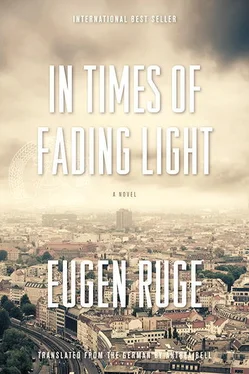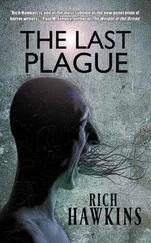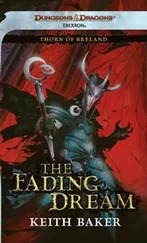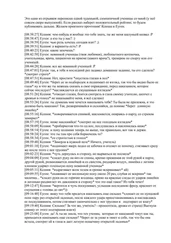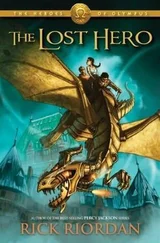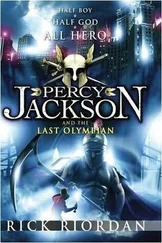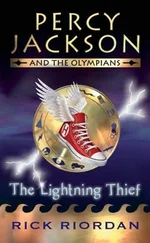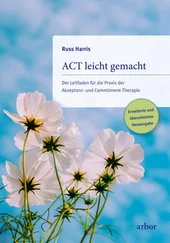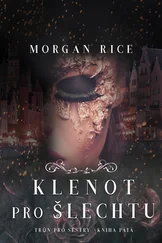But Achim Schliepner says, “America is bigger.”
The journey: a green railroad car. A sleeping car, as comfortable as a little house on wheels. You could order tea, too. The tea glasses had a picture of the Kremlin on them. And a little Sputnik circling around the Kremlin.
The wheels are changed in Brest. A broader gauge for the Soviet Union. “Mama, the Soviet Union is the biggest country in the world, isn’t it?”
“Yes, of course.”
He didn’t remember anything. But he knew it all. Even the smell of the Moscow taxis: half burned rubber, half gasoline. All Moscow seemed to smell a bit like a taxi.
Red Square: a line of people waiting in front of the mausoleum.
“No, Sashenka, we don’t have time.”
But there’s time for Eskimo ice cream. And prostokvasha, fermented milk, with sugar.
The Metro: it’s gigantic. He’s a little scared of the escalator. And even more scared of the doors.
Then three more days of rail travel. Changing trains at Sverdlovsk. Then another half a day. And then, at last, Slava.
The rail station was outside the town. A jeep met them, and drove around the potholes in the road. Not so much potholes as craters.
The little housing estate. Board fences. Wooden houses. And every one of them looked as if Baba Nadya might live in it.
The driver honked. Baba Nadya came out of her door. “Why is Baba Nadya crying?”
“Because she’s happy,” said Mama.
The house was small. A kitchen, a living room. A stove in the middle of the house. Baba Nadya slept on the tiled stove, Mama and Alexander slept in the bed.
The yard: a sauna, an outhouse. The black-and-white dog on his chain was called Drushba. Drushba meant Friendship. Friendship barked. His chain rattled.
Baba Nadya said crossly, “Friendship, shut up!”
The cow and the pig lived in the outhouse. The cow was brown and was called Marfa. The pig was simply called Pig. Just as Wilhelm was simply called Wilhelm.
He was scared of the pig. If you let it out, it raced around the yard, squealing. Friendship was afraid of the pig, too. However, there was no need to be afraid of Friendship.
Instead, he was allowed to go for walks with Friendship. He was allowed to do all sorts of things. He was allowed up on the roof. He was allowed to wade through huge puddles. Only he mustn’t go into the forest.
“Not a step into the forest,” said Baba Nadya.
Because you could get lost in the forest. And then the wolves would eat you up.
“And all we’d find of you would be your bones,” said Baba Nadya. “Oh, do stop that,” said Mama.
All the same, he wasn’t allowed to go into the forest.
“Even the midges could eat you up,” said Mama.
But he didn’t believe that. The wolves were a more likely story.
Fetching water from the well: very interesting. Baba Nadya had a kind of framework thing that she put over her shoulders, with a bucket on it to her left and another to her right, and then off they went. You hung your bucket on a hook, and it went down the well all by itself. Alexander was allowed to help turn the handle to wind it up to the surface again.
Bread came once a week. On that day a long line of people stood outside the store. Each of them got three loaves of bread. Even Alexander, so altogether that came to nine. They ate three of the loaves themselves, and gave the cow six. Softened in water. The cow smacked her lips. She liked the bread.
Baba Nadya had electricity in her house, but no gas. She cooked everything in a niche in the tiled stove. The samovar was heated for tea. You drank black tea first thing in the morning, at midday, in the evening. The samovar hummed. Baba Nadya played the card game called Fool with him.
In the evening there was a visitor: Pavel Avgustovitch, who wore a suit and tie. A strange man, thin and old-fashioned. He kissed Mama’s hand.
“Such a shame,” said Mama to Baba Nadya. “Pavel Avgustovitch studied at the conservatory.”
“What can any of us do?” replied Baba Nadya. “It was God’s will.”
The next day some old women wearing headscarves came visiting. They sang until late into the night. First they sang funny songs. As they sang they clapped their hands; some of them even danced. Then they sang sad songs. Then they cried. At the end everyone hugged everyone else and wiped the tears away.
“What a pity,” said Alexander, “that we don’t all live in one room at home.”
Back home again. This time he had a story of his own to tell at Granny’s on Second Friday. “We rode in a train for five days!”
“That’s very interesting,” said Granny. “But wouldn’t you like to tell me about it later, over supper? Then Wilhelm can hear it, too. It will all be very interesting for Wilhelm as well.”
He didn’t feel too happy about that. Granny encouraged him.
“We’ll do it this way: I’ll give you a cue, and then you begin your story.”
Cue?
“For instance, ‘Soviet Union,’” explained Granny. “I’ll say, for instance, I’d love to go on vacation to the So-viet U-nion! And that’s your cue.”
Wilhelm slapped butter down on his bread.
“The Indians,” he told Alexander, “are the poorest of the poor today. Oppressed, exploited, robbed of their land.”
Granny said, “There’s no exploitation and no oppression in the Soviet Union.”
“I should think not,” said Wilhelm.
Granny looked at Alexander and repeated, “There’s no exploitation and no oppression in the So-viet U-nion.”
“Oh yes,” said Wilhelm. “You’ve just been to the Soviet Union. Tell us about it!”
Suddenly Alexander’s head was empty.
“Come on,” said Wilhelm. “Don’t you talk to ordinary people?”
“At Baba Nadya’s,” said Alexander, “the water comes out of a well.”
Wilhelm cleared his throat.
“Hmm, yes,” he said. “That may be so. When we were in the Soviet Union, there were still wells even in Moscow, do you remember, Lotti? In Moscow, imagine that! And today? You were in Moscow, weren’t you?”
Alexander nodded.
“Well, there you are,” said Wilhelm. “And when you’re grown up, no one will still have to draw water from a well anywhere in the Soviet Union. Long before you’re as big as your father, communism will have spread all over the Soviet Union—maybe all over the world.”
Alexander didn’t like the idea that all the wells would be gone, but he didn’t want to disappoint Wilhelm again. So he said, “The Soviet Union is the biggest and greatest country in the world.”
Wilhelm nodded, pleased. Looked at him expectantly. Granny was also looking at him expectantly. So Alexander added:
“But Achim Schliepner is silly. He says America is bigger and greater.”
“Ah,” said Wilhelm. “Interesting.” And he said to Granny: “As usual, those Schliepners didn’t turn out to vote. But we’ll nail them yet.”
Back at kindergarten. Now he was one of the larger kids. Achim Schliepner had gone on to big school. So Alexander was the cleverest now. He had evidence of the fact.
“I’ve been to Moscow.”
Not even Frau Remschel had been there.
“And when I’m grown up I’m going to Mexico.”
Because when he’s grown up, componism will have spread everywhere. The Indians won’t be exploited and oppressed anymore then. No one will have to sacrifice himself. Only of course there’ll still be rattlesnakes. And scorpions getting into your shoes, but he knows what to do about those: you shake out your shoes first thing in the morning—it’s a simple trick. Granny told him about it.
It’s Sunday. Alexander is going down the street with his parents. The street is Thälmannstrasse. The trees have brightly colored leaves. The air smells of smoke. People are raking up the leaves into little heaps and burning them. You can throw sweet chestnuts into the embers, and after a while they go pop.
Читать дальше
